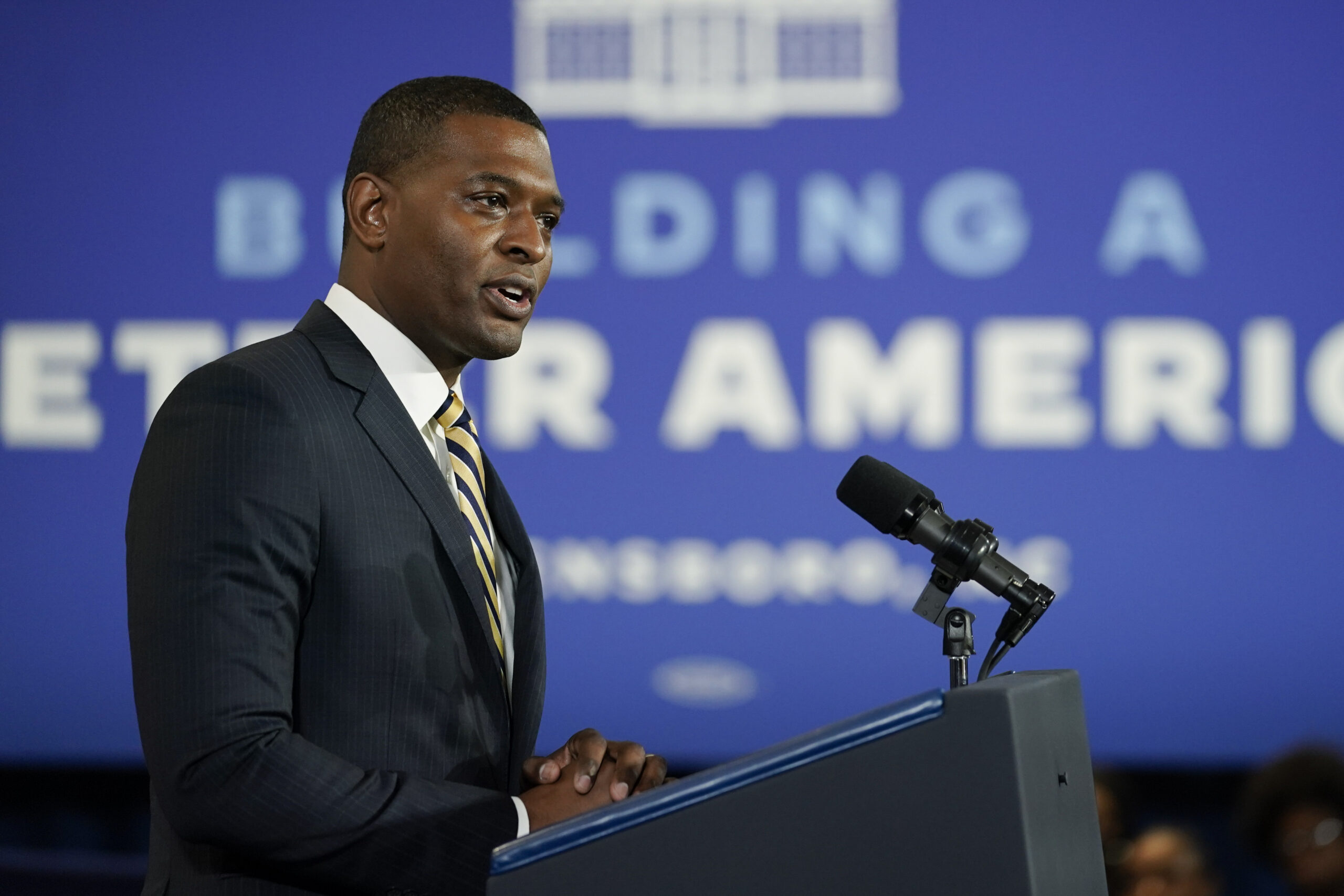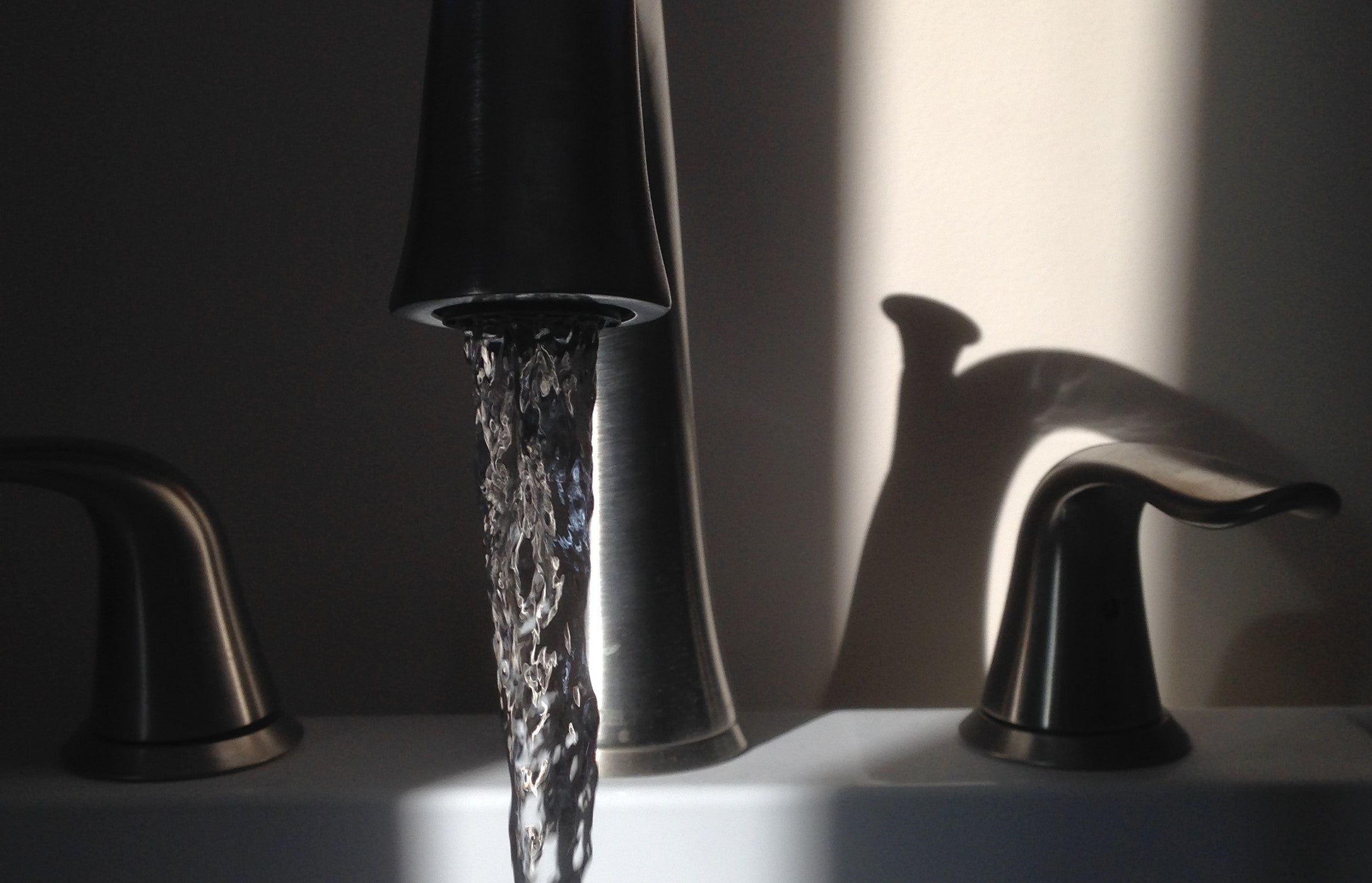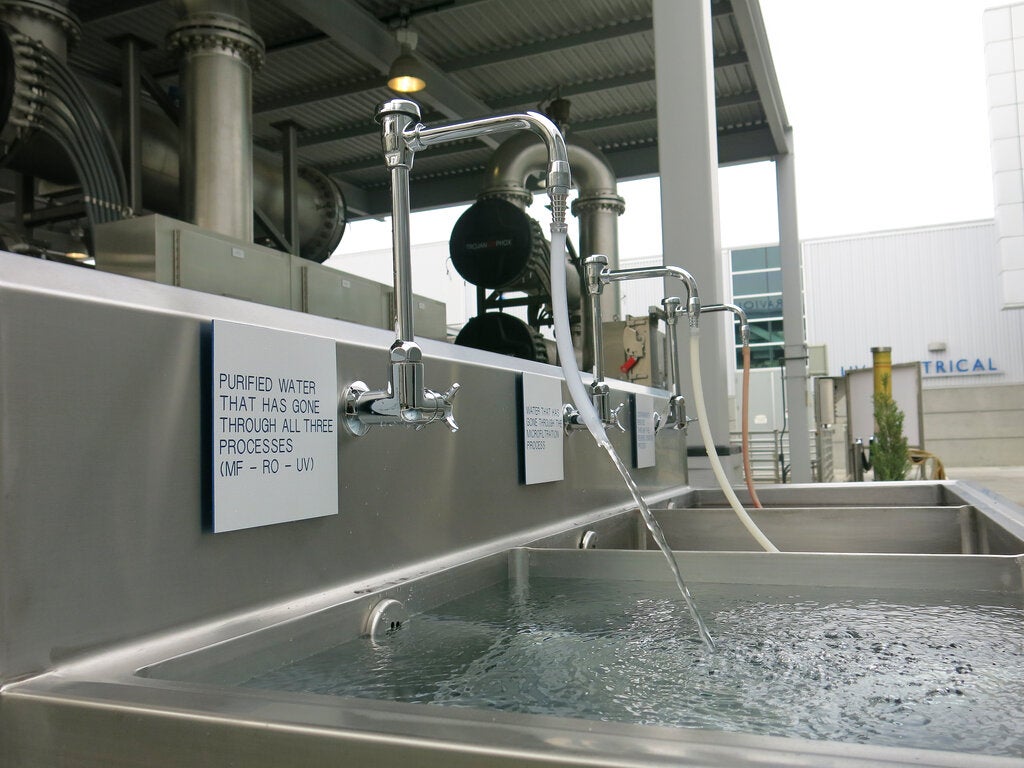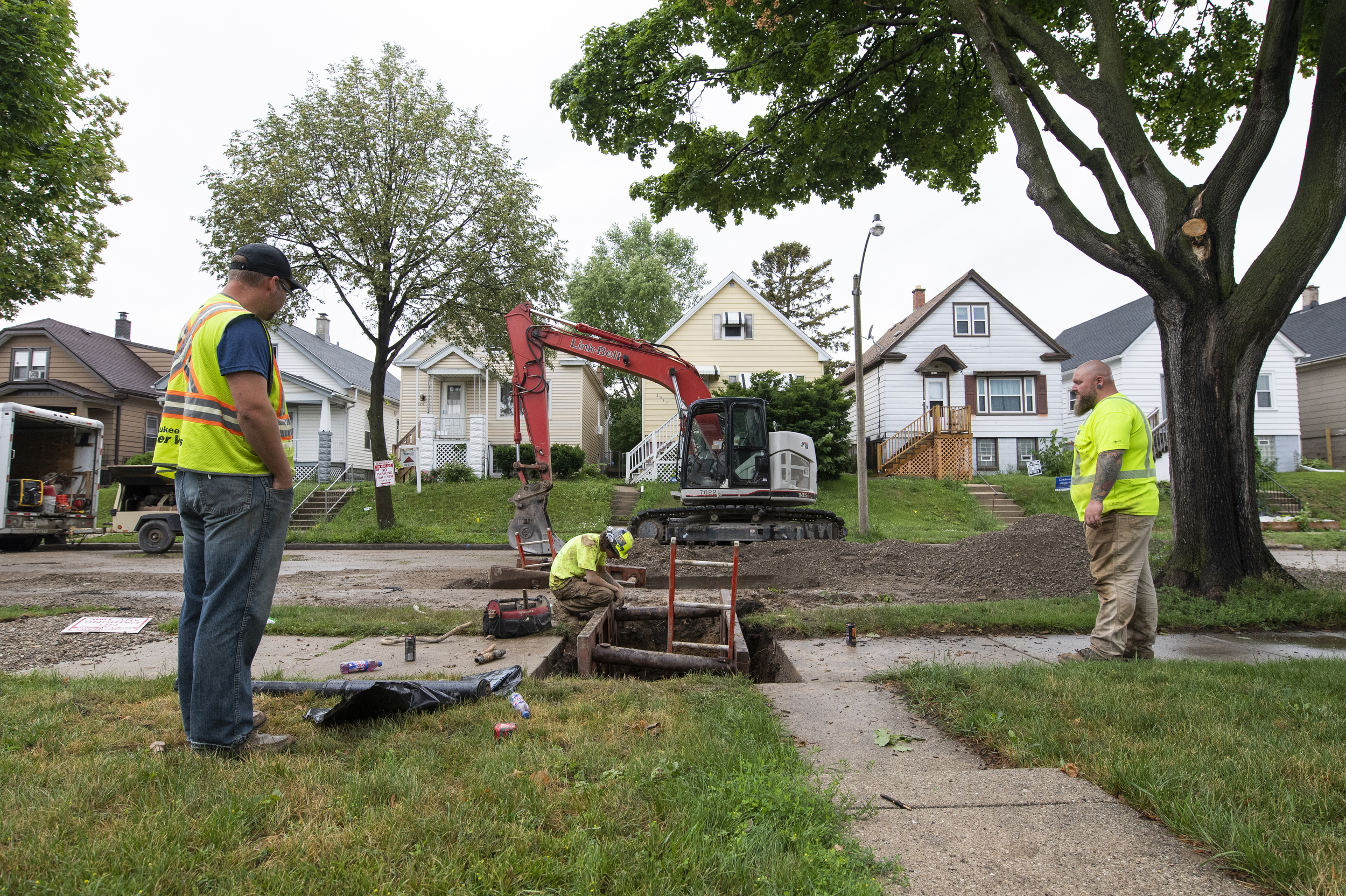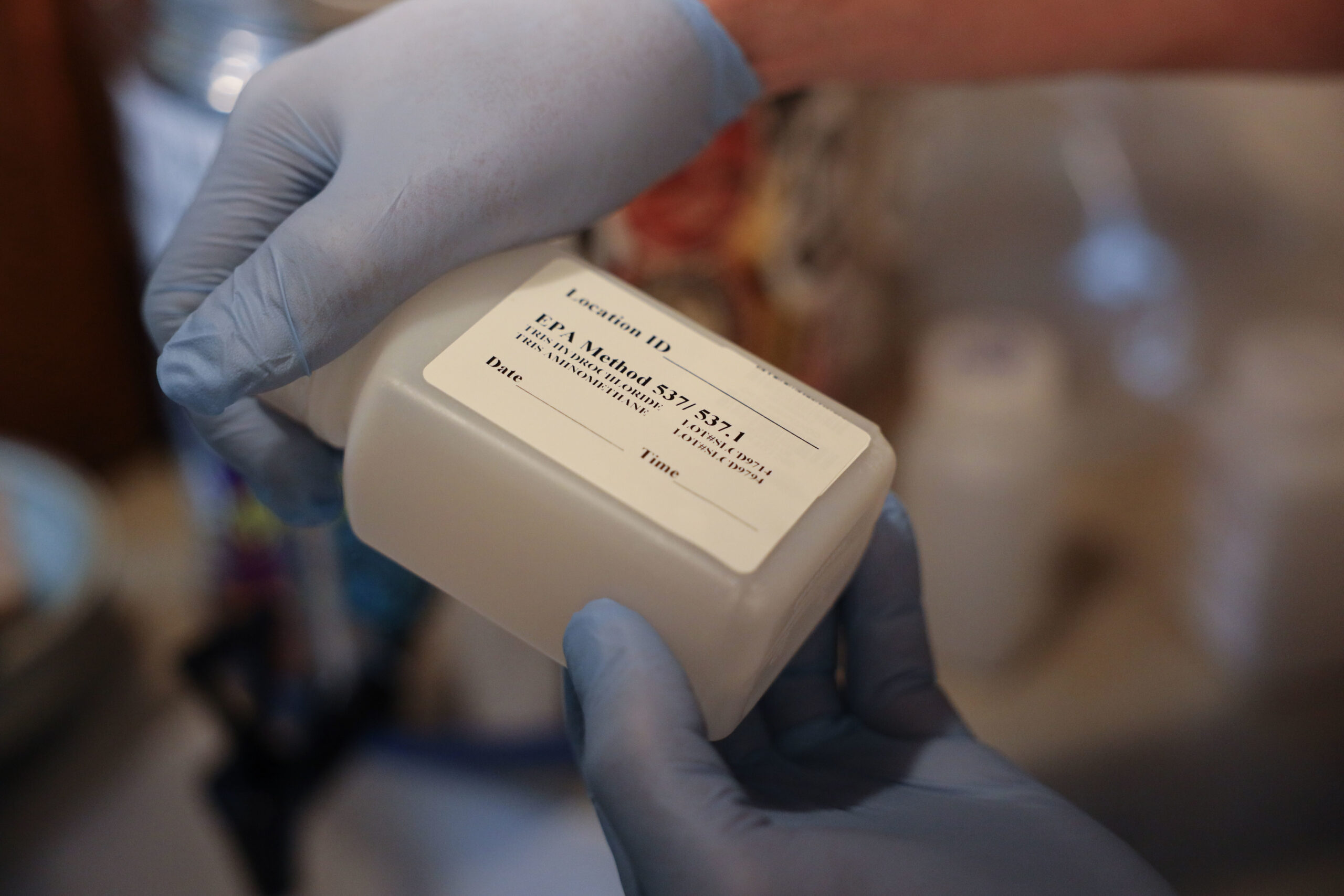New federal rules are set to change how the state addresses possible issues with drinking water. One group that would see the effects of those changes would be residents in the northern Wisconsin community Marengo. A state agency is currently asking some people living there to boil their drinking water.
Drinking water at a Marengo mobile home park tested positive for total coliform bacteria. The presence of the bacteria doesn’t mean people will get sick, but it’s a sign the water system is at risk for contamination.
Mark Pauli is the drinking water field supervisor for the northern district of the Wisconsin Department of Natural Resources. He said septic holding tanks aren’t up to code there, and the mobile home park’s only working well is out of compliance. The department has been working with the park owner, Hank Martinsen, for more than a year on compliance issues with three wells at the site.
Stay informed on the latest news
Sign up for WPR’s email newsletter.
“Until he can get that well back into compliance or drill a new well given the septic situation, we’re going to stay under a precautionary boil water,” said Pauli.
The agency won’t be required to issue a boil notice for similar cases with new rules under the federal Safe Drinking Water Act that take effect next April. Steve Elmore is the public water supply section chief with the bureau in charge of of drinking water and groundwater for the Wisconsin DNR. He said a boil water order will only be required when E. coli is found in a public water supply.
“E. coli we know is a pathogen that will make you sick and so (we’re) focusing that immediate response on those contaminants we know make us sick,” he said.
When public water systems test positive for total coliform, Elmore said the system operator or DNR will now conduct assessments.
“That would allow us to determine what the cause of the positive is — like what barrier is broken down, what’s wrong with the system — and prescribe corrective action to the system,” he said.
The standard protocol for addressing the presence of total coliform bacteria now is follow-up monitoring and chlorination of the water supply, according to Elmore.
“The problem is there could be something wrong with that system that needs to be fixed rather than just chlorinating or flushing out the water,” he said. “With these new assessments, we’ll begin getting at the root causes of the problem.”
Elmore said the goal is to resolve water supply problems before larger issues arise and to decrease positive findings of total coliform bacteria. Roughly 300 confirmed cases are documented each year in Wisconsin out of the state’s 12,000 public water systems.
In the case of Marengo, Pauli said the owner has been working in good faith to remedy issues at the mobile home park. He added the Marengo area is a challenging location to drill a well.
“From a geologic standpoint, the overburden there is clay and you can’t extract water from it,” said Pauli. “The bedrock that’s below it…doesn’t contain a lot of fractures. That’s the only place that you can extract water from bedrock.”
He said the best thing for residents to do is purchase bottled water until problems on the site have been corrected.
Attempts to reach Martinsen for comment Tuesday were unsuccessful.
Wisconsin Public Radio, © Copyright 2024, Board of Regents of the University of Wisconsin System and Wisconsin Educational Communications Board.

